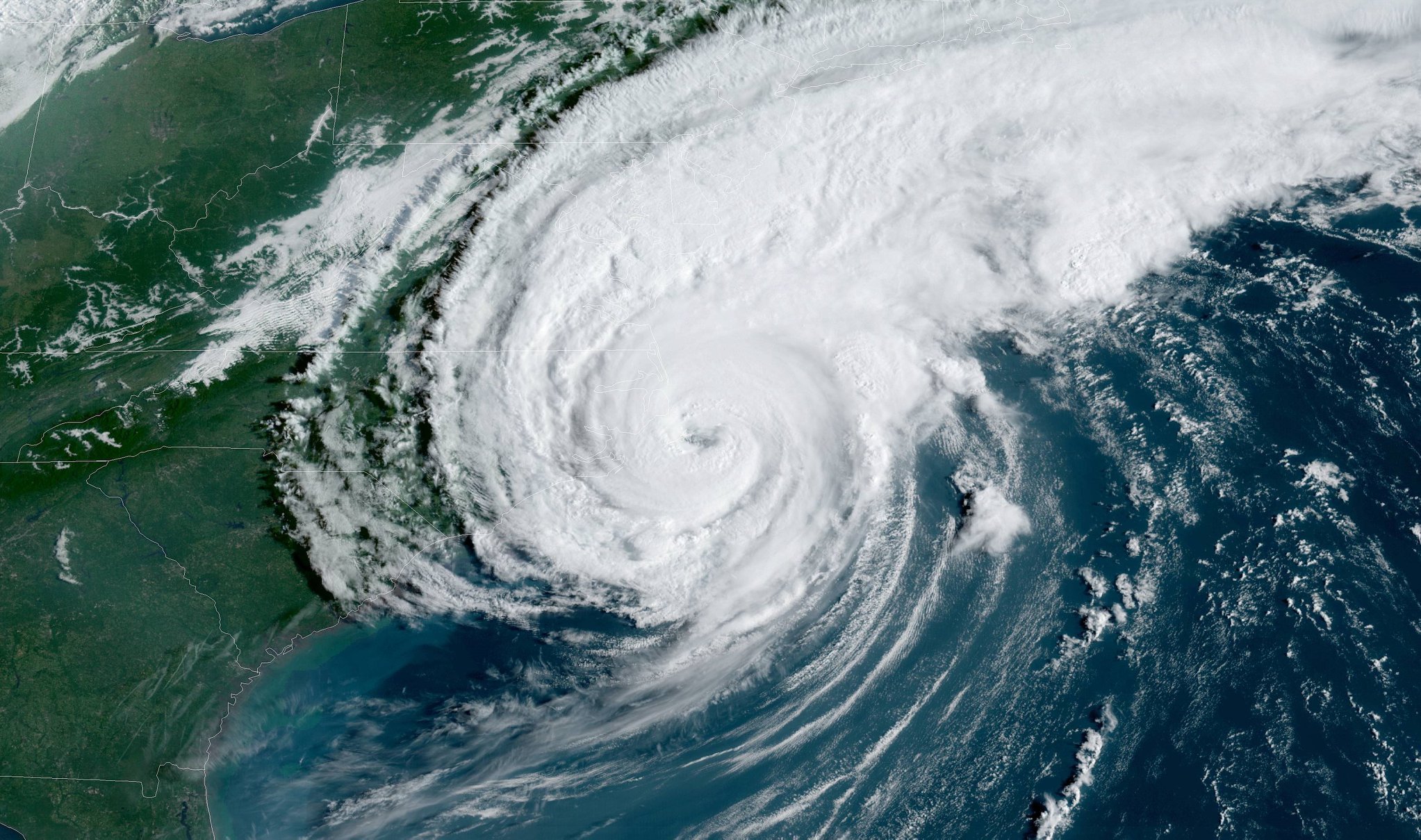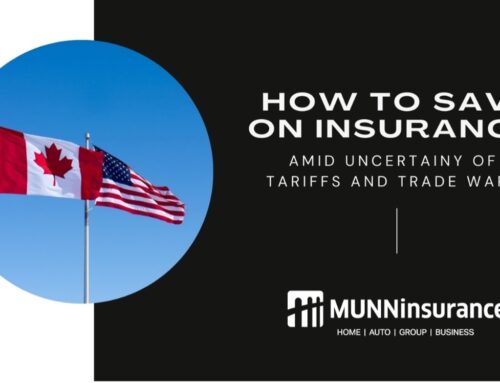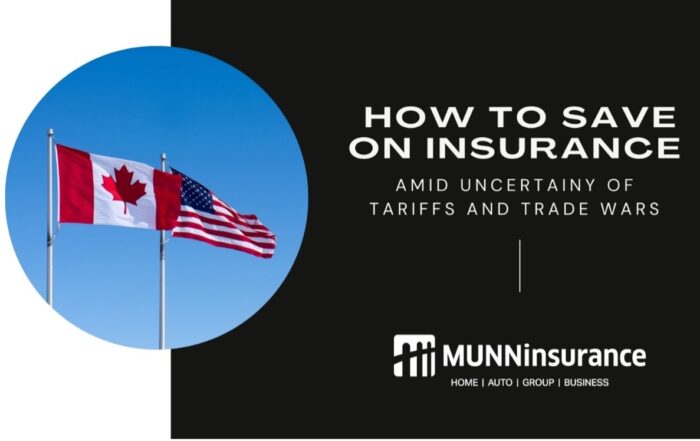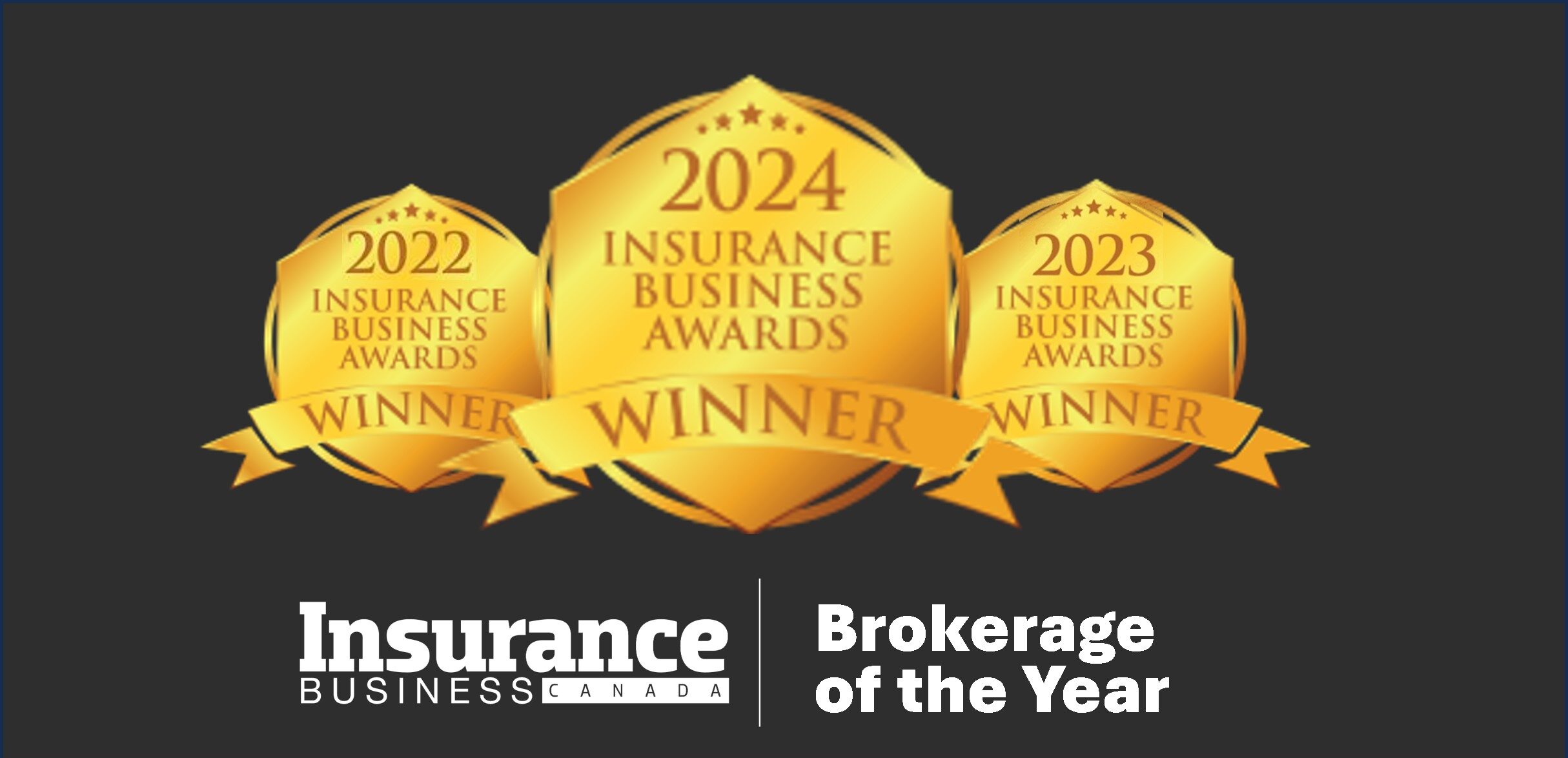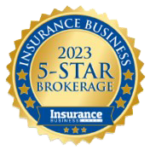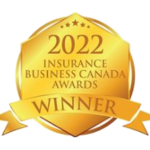Hurricane Dorian Moves Towards Atlantic Canada.
Hurricane Dorian is now over Cape Hatteras, North Carolina and is moving towards Nova Scotia, Newfoundland and Labrador and the Atlantic Provinces. Residents in the Carolinas and the mid-Atlantic have endured destructive winds, storm surge, and flash flooding. And as we know, the Bahamas have been ravaged by this same hurricane.
We should be prepared as Hurricane Dorian is anticipated to reach us this weekend with strong tropical storm force winds and rain. Here are our top 10 tips for making sure we are safe this hurricane season:
- Emergency safety kit. Build an emergency kit and make a family communications plan. Contact Munn’s Insurance if you would like us to provide you with an emergency kit checklist or sample family communications plan.
- Secure your property. Make plans to secure your property. Be sure trees and shrubs around your home are well-trimmed so they are more wind resistant. Clear loose and clogged rain gutters and downspouts. Bring in all outdoor furniture, decorations, garbage cans and anything else that is not tied down. Determine how and where to secure your boat or other recreational vehicles stored on or near your property. Turn off propane tanks.
- Food and water supply. Arrange for a supply of drinking water and food.; enough for three or four days. Keep a supply of water for sanitary purposes, such as cleaning and flushing toilets. Fill the bathtub and other larger containers with water.
- Prepare for power failure. Install or purchase a portable generator for emergencies. Keep a supply of batteries and flashlights. Make sure your electronics are charged.
- Stay safe during the hurricane. Stay indoors during the hurricane and away from windows and glass doors. Close all interior doors, and secure and brace external doors. Keep curtains and blinds closed. Do not be fooled if there is a lull; it could be the eye of the storm and winds will pick up again. Take refuge in a small interior room, closet or hallway on the lowest level. Lie on the floor under a table or another sturdy object. Avoid elevators.
- NEVER use a generator inside. This includes homes, garages, crawlspaces, sheds or similar areas, even when using fans or opening doors and windows for ventilation. Deadly levels of carbon monoxide can quickly build up in these areas and can linger for hours, even after the generator has shut off.
- Stay safe after the hurricane. Continue listening to a radio or the local news for the latest updates. If you were evacuated, return home only when officials say it is safe.
- Be careful when you go out after the hurricane. If you must go out, watch for fallen objects including downed electrical wires, weakened walls, bridges, roads and sidewalks. Keep away from loose or dangling power lines and report them immediately to the power company.
- Stay off the roads until it is safe. After the Hurricane, drive only if necessary and avoid flooded roads and washed-out bridges. Stay off the streets.
- Post hurricane check. Walk carefully around the outside of your home and check for loose power lines, gas leaks and structural damage before entering. Inspect your home for damage. Take pictures of damage, both the building and contents, for insurance purposes. If you have any doubts about safety, have your residence inspected by a qualified building inspector or structural engineer before entering.
Before the Hurricane hits, examine your home insurance or rental insurance policy to learn the details of how you will be covered (and what is excluded) in the event of a flood (click here for more information on overland water coverage)…
In addition to insuring your home, we are committed to helping you and your loved ones stay safe when disaster strikes. If you would like more information on developing a family emergency plan or building a disaster supply kit, please contact Munn Insurance at 855-726-8627 today.
Related News
Recent News
How to Save on Insurance Amid Uncertainty of Tariffs and Trade Wars
In today’s global economy, trade wars and tariffs are a hot topic, and their potential impacts reach beyond just the cost of goods like cars, appliances, and steel. If tensions between countries like Canada and [...]
Get the Best Auto Insurance Quote in Nova Scotia: A Step by Step Guide
When it comes to auto insurance, everyone wants to ensure they’re getting the right coverage at the best price. Whether you're a first-time car owner or a seasoned driver in Nova Scotia, the process of [...]
Unlock Big Savings with Group Insurance Discounts
At Munn Insurance, we know that everyone loves saving money—especially when it comes to home and auto insurance. Did you know that you may qualify for exclusive discounts just by being part of certain groups [...]


